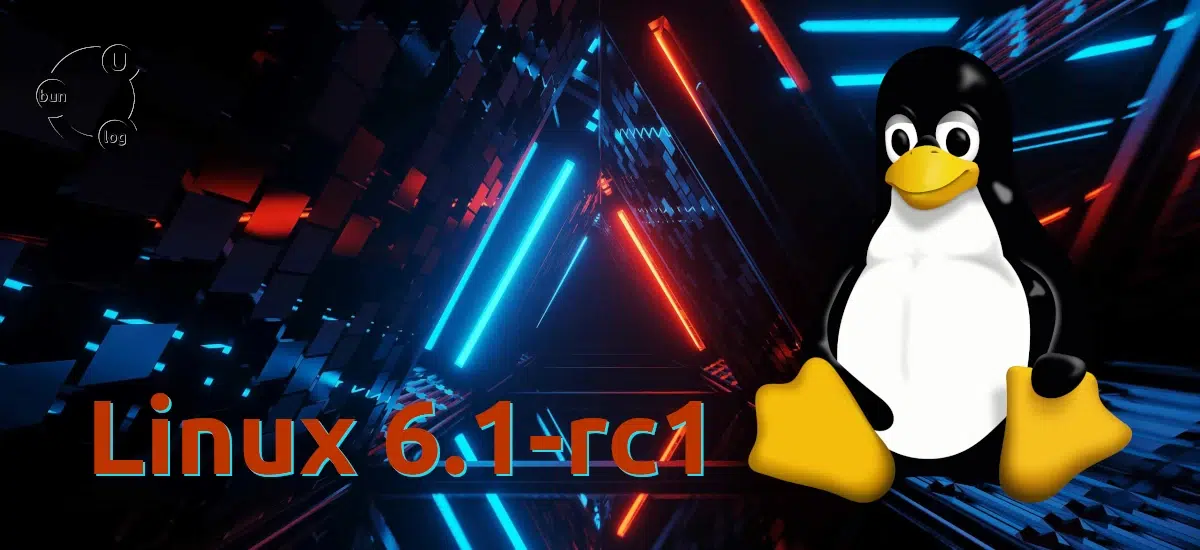
In the weeks leading up to the release of Linux 6.0, Rust was being talked about in the kernel. In the end did not arrive, but it was known that it would soon. Linux 6.1-rc1 It will not be a very large kernel, at least in terms of the number of commits, since it has about two thousand fewer than it is lately. Linus Torvalds too has commented that he had problems with his computer, which made him frustrated.
Past frustration with your team rubbed off on kernel development as well, as there were some late requests. But things don't look as bad as they seem, and 6.1 will be the first version to include Rust. Initial support has actually been introduced, not actual code, but the infrastructure is already in the kernel. At some point in the future the use of Rust on Linux will be a reality.
Linux 6.1-rc1 will be smaller than normal
Actually, this isn't shaping up to be a particularly large release: we "only" have 11,5k unmerged commits during this merge window, compared to 13,5k last time. So it's not exactly tiny, but smaller than the latest versions. At least in number of commits.
That said, we do have some basic things that have been brewing for a long time, most notably the multigene LRU VM series, and the initial Rust scaffolding (no actual Rust code in the core yet, but the infrastructure is there).
This is the first RC of 6.1, a kernel that should arrive on December 4, as long as the eighth RC reserved for problematic versions is not required. Ubuntu users who want to use it at that point will have to do the manual installation or use tools like Mainline. Ubuntu 22.10 will use Linux 5.19, and 23.04 will already use Linux 6.2.